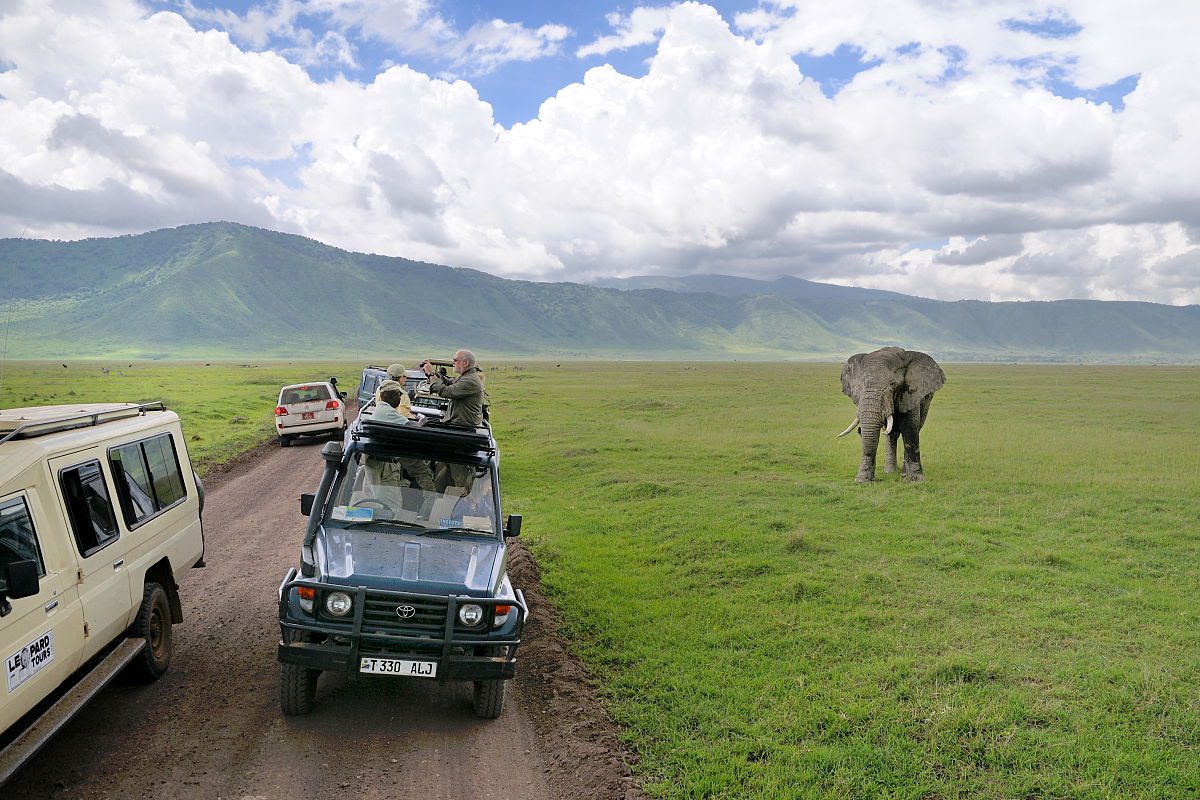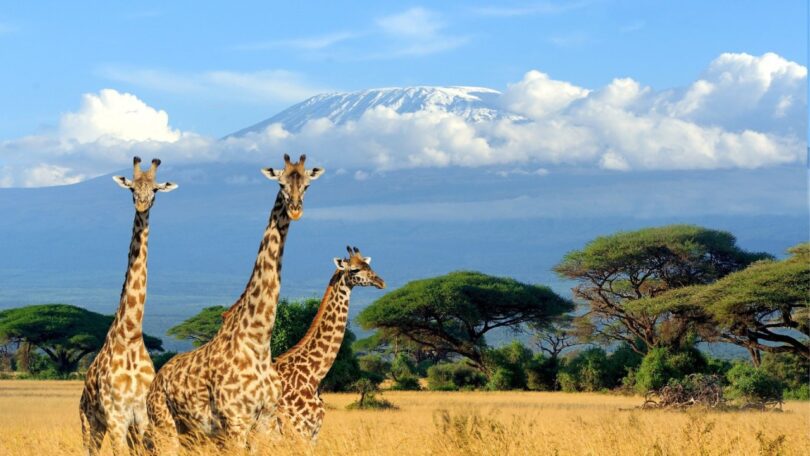Kenya, Tanzania, Rwanda and Uganda are the heartbeat of tourism in East Africa, a vital component of the region’s economy. It accounts for a substantial contribution to employment, tax revenues, hard currency profits, and overall revenue generation. Regional and global tourism industry is still recovering. Numbers are increasing after COVID-19 and they are expected to surpass those from 2019 by December 2024. Still, East Africa’s profits and visitor arrivals are lower than those of other leading African tourist destinations such as Morocco, Egypt and South Africa. Therefore, East African countries are prioritizing the sector in ensuring that they realize its full potential and spur economic growth.
Table of Contents
Is Tourism in East Africa Popular?
As mentioned above, Kenya, Tanzania, Uganda, and Rwanda run the show that is tourism in East Africa. This region is home to some of the continent’s most stunning natural landmarks and a wide variety of fauna. Each country has distinctive travel spots that bring in millions of tourists every year.

Maasai Mara national . Photo/Discover Africa Safaris
For instance, Kenya has some of the most popular destinations among them:
- Masai Mara National Reserve
- Amboseli National Reserve
- Tsavo National Park
These are among many others with scenic landscapes and spectacular wildlife. Popular destinations in Uganda include the following:
- Bwindi Impenetrable National Park
- Kibale National Park
- Murchison Falls National Park
- Queen Elizabeth National Park
These destinations are famous for their rich biodiversity and unique experiences like gorilla trekking. In Rwanda, the following places are popular spots as far as tourism in East Africa is concerned.
- Nyungwe National Park
- Akagera National Park
- Volcanoes National Park

Reasons to Visit Rwanda. Photo/ achieveglobalsafaris.
Lush forests and mountain gorillas characterize these three leading parks in Rwanda. Lastly, Tanzania carries a huge allure in regional tourism. Some of the most popular tourist spots here include the following:
- Mt Kilimanjaro
- Serengeti National Park
- Ngorngoro Crater
- Tarangire National Park
- Zanzibar
Tanzania’s beauty lies in its diversity. From climbing Mt Kilimanjaro to thrilling wildlife experiences and eventually to beach resorts.
How Much Does East Africa Earn from Tourism?
Data by Insight Travel Advisors from 2019 indicates that the region is headed in the right direction post-Covid-19 pandemic. Tanzania led her peers with $2.62 billion in tourism revenue, followed by Kenya ($1.76), Uganda ($1.4) and Rwanda ($0.64). Even with the great profits, there are still gaps and need for improvement as seen by the tourism sector’s GDP contribution. Tanzania leads among East African countries in tourist contribution to GDP 17.1%, with Rwanda coming in second at 10%. Kenya comes in third 9.7%, and Uganda at 5.6%. Further, 2019 revenue per guest provides more evidence of these differences. With 1.4 million visitors, Tanzania earned the highest income per guest at $1800. On the other hand, Kenya and Uganda, with 1.9 million and 1.5 million visitors, respectively, reported $900 per guest. Rwanda, which brought in 1.5 million tourists, had the lowest revenue per guest at $400. These numbers point to how better services, experiences, and marketing tactics would increase spending by visitors and bolster tourism in East Africa.
What Supports Tourism in East Africa?
East Africa has the potential to earn more from tourism but only if they set out on improving the following:
Infrastracture

A national park in Tanzania. Photo/
First, it is critical to modernize the infrastructure. To properly accommodate more tourists, it is imperative to improve the infrastructure, including the transit and lodging systems and grid power. Nowadays, a few major locations account for a sizable share of all tourism in respective countries most fueled by a lack of proper infrastructure in potential tourism destinations. For example, more than 50% of visitors to Tanzania’s national parks come from the Serengeti and Tarangire. And Zanzibar is still a popular travel destination. However, reducing the pressure on these places and opening up others could create an economic balance.
Regulatory Reforms
Effective tourism operations require regulatory reforms and tax incentives to draw investment, especially in less developed destinations. Authorities need to re-look at tourism policies and work together more with these players. Among the policies that should get a fresh look are streamlining the visa application procedure and improving accessibility. If objectively done, it will increase traveler numbers. Rwanda is a great example for the region due to its success with open visa policies and strong tourism branding.
Better Marketing Strategies
Effective marketing techniques are essential for drawing in foreign visitors. Focus on improving marketing initiatives through a government and private entities approach. Global ranking for tourism success factors the direct spending of locals and tourists, government spending on tourist attractions, and indirect contributions from tourism-related expenditures. These are the foundations of an effective marketing and branding strategy. If respective get it right, East Africa will attract more tourists and generate more income.
Conclusion
In a nutshell, tourism in East Africa is widely promising. The region can increase its attractiveness as a top international travel destination with smart investments, infrastructure development, regulatory reforms, and efficient marketing. East African countries are ideally positioned to benefit from the ongoing recovery in tourism.








